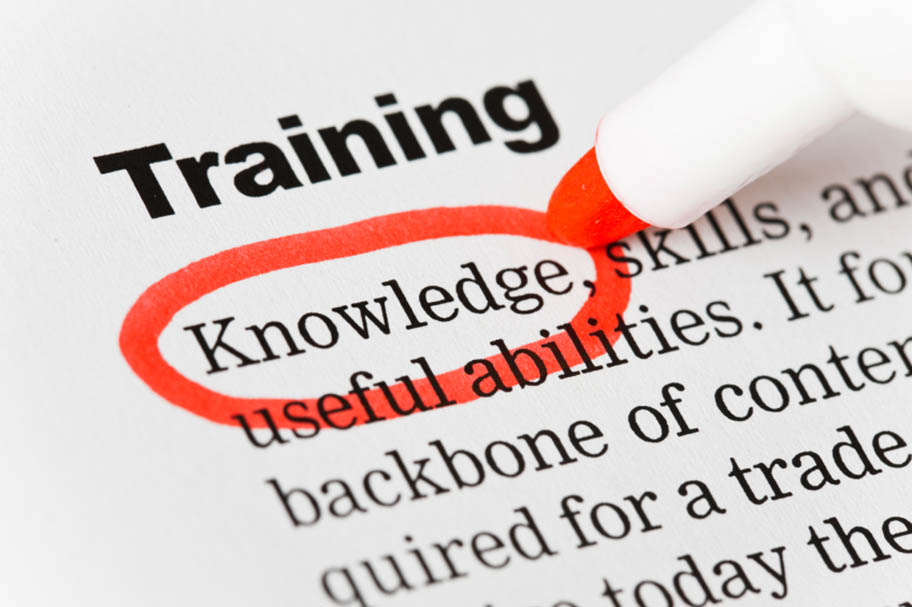Microlearning is a modern learning technique based on short nuggets of information, focused on meeting a specific learning outcome. In other words, the purpose of the learning process is to acquire a specific skill that you will use in the near future. The bite-sized format of the courses makes it easy to retain new information, and it allows even the busiest people to learn new skills in their own time. While this learning technique can be applied to any subject, it has proven itself particularly efficient in a few specific situations.
For corporate training :
Corporate learning is usually based on a formal training model. However, microlearning can successfully be used in corporate environments in order to reinforce or supplement the primary training. This learning method is very successful in agile environments, it has low costs, it is easy to update and it can be applied for both formal and informal training. It can also be a great tool for compliance training courses, such as Health, Safety, and Environment courses.
For learning a new language :
Nowadays, most, if not all, language learning apps are based on micro lessons. The most popular language-learning app and the one that makes the best use of the microlearning concept is Duolingo. Not only does Duolingo use micro-lessons for written content, but it also uses them for speaking, listening and translating exercises. This app also uses gamification as a way to motivate and engage learners.
For retail training :
The retail industry is having a hard time at the moment, as online stores have become a serious competition. Not only that, but modern customers are a lot more informed than they used to be, and store employees need to be properly trained to help these new, discerning customers. Microlearning can be a flexible and cost-efficient solution for training store employees and keep them up to date with daily changes. the app is one of the few learning applications that address the particular needs of the retail industry. While EdApp’s user-friendly format allows it to be used for any topic, retail training is one of the most popular app microlearning ideas. The main reason why EdApp is so efficient is due to its intuitive authoring tool, engaging gamification, and analytics tool that helps monitor and improve the learning experience.
For developing soft skills :
Personal development is a very popular topic at the moment, as more and more people realize that you need more than just hard technical skills in order to be successful. Since learning soft skills require more practice than theory, they can be easily learned with micro lessons. This way, the learners can learn new skills fast, and they have all the time in the world to practice them in real life before they move on to the next lessons. Communication and time management are the most sought after soft skills of the moment and there are numerous learning apps that address these particular skills.
To supplement traditional education :
While mobile learning seems to be the enemy of a traditional educational system, it doesn’t have to be one or the other. Many learning apps can successfully be used in classrooms, and the ones that use micro lessons are particularly efficient in keeping the students engaged and motivated. As a teacher, you can use an app with an intuitive authoring tool such as EdApp in order to create your own bite-sized lessons, or you can use an existing learning app such as Duolingo or TED-Ed to make your teachings more relevant and more engaging.
Read More :






















